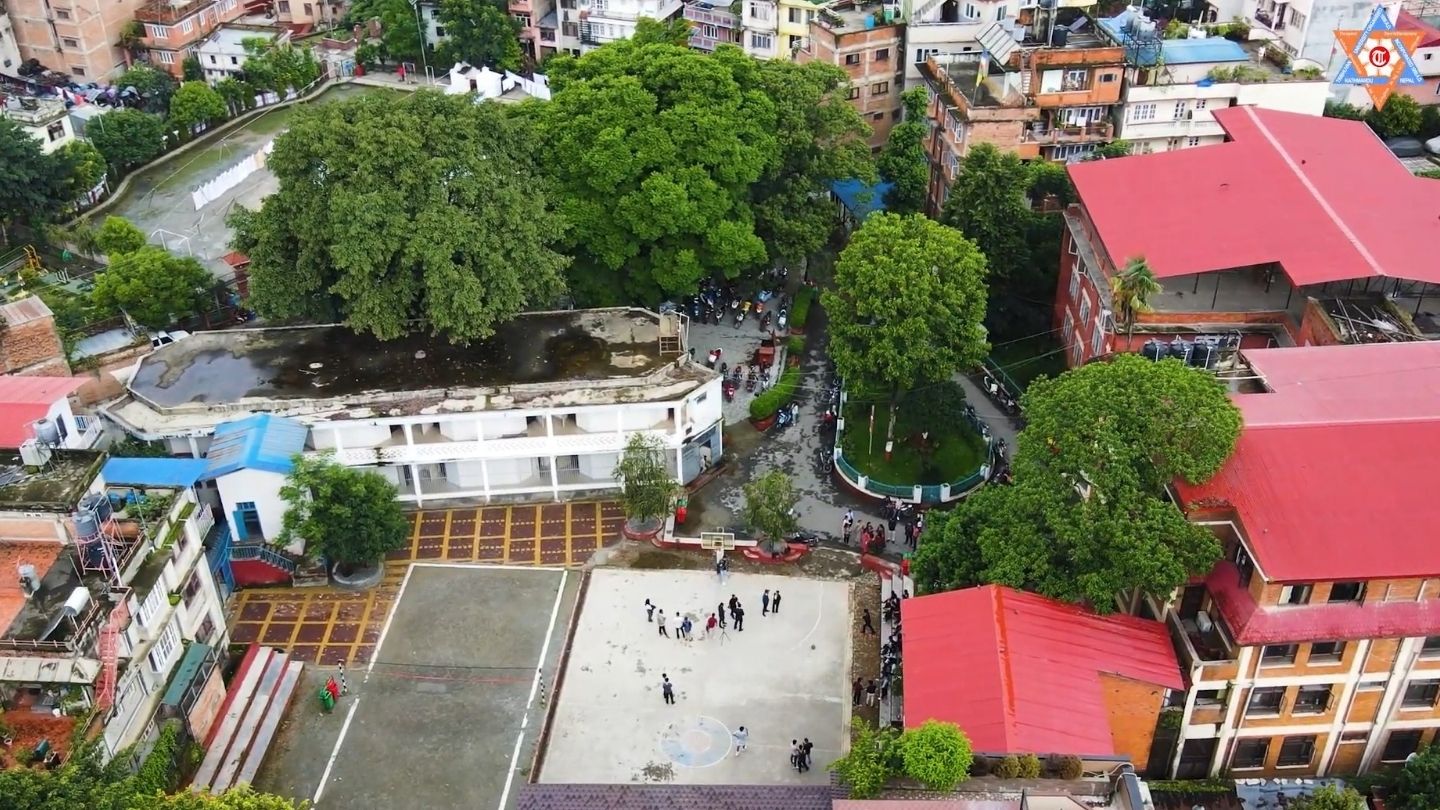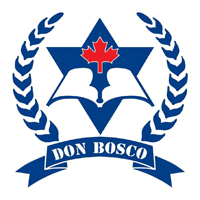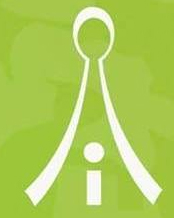Overview
BBA at Public Youth Campus, Dhobichaur, Kathmandu
BBA at Public Youth Campus (PYC), Tribhuvan University (TU), serves Nepali students seeking a structured management degree in Kathmandu. The program follows TU Faculty of Management rules on curriculum, CMAT entrance, and examinations.
Students complete eight semesters across four academic years. The syllabus covers accounting, finance, marketing, operations, economics, information systems, and business communication. A summer project and an internship add workplace exposure that helps you connect classroom knowledge to local organizations.
PYC delivers this TU program from its Dhobichaur–Chettrapati location. The central setting helps students travel to banks, trading houses, travel agencies, and audit firms for interviews, data collection, and project meetings.

Highlights
-
Affiliation: Tribhuvan University, Faculty of Management; constituent public campus in Dhobichaur, Kathmandu.
-
Duration and Credits: Four years, eight semesters, 120 credit hours.
-
Intake Test: CMAT with four sections—Verbal, Quantitative, Logical Reasoning, General Awareness; 100 questions; 40% minimum to qualify for the interview.
-
Evaluation: 40% internal assessment and 60% end-semester examination.
-
Attendance: At least 80% required to sit the semester examination.
-
Internship: Eight weeks with a written report and presentation; separate grade awarded.
-
Location Advantage: Proximity to business and tourism hubs for short field visits and data access.
Curriculum Details
The BBA curriculum follows a clear credit map:
-
Management and Allied Courses: 84 credits
-
Computer-related Courses: 12 credits
-
Specialization Courses: 18 credits
-
Summer Project: 3 credits
-
Internship: 3 credits
-
Total: 120 credits
Core Areas (illustrative list)
-
Accounting and Finance: Financial Accounting, Cost and Management Accounting, Taxation and Auditing, Fundamentals of Finance, Financial Management, Financial Markets and Services.
-
Management and Strategy: Fundamentals of Management, Operations Management, Strategic Management, Business Ethics and Corporate Governance, Entrepreneurship & Business Resource Mapping, Practicum on Business Plan.
-
Marketing and Communication: Fundamentals of Marketing, Business Communication, English I–II.
-
Economics and Quantitative Tools: Microeconomics for Business, Macroeconomics for Business, Business Mathematics I–II, Business Statistics.
-
Context and Behavior: Leadership and Organizational Behavior, Psychology, Sociology for Business, Legal Environment for Business in Nepal, Business Environment.
-
Information Systems: IT and Applications, Database Management, Business Information Systems, E-Commerce.
-
Research and Reporting: Business Research Methods, Summer Project, Internship report and presentation.
Specialization Options (select one area; six courses)
-
Banking and Finance
-
Industry and Services Management
-
Micro Enterprise Management
-
Sales and Marketing Management
-
Accounting
Specialization courses deepen sector knowledge and signal interests to employers. Students usually plan their specialization by the fifth semester after they have sampled core subjects.
Objectives
-
Knowledge Base: Build solid understanding across core business functions and Nepal-specific policies.
-
Analytical Ability: Strengthen numerical and research skills for practical decisions in organizations.
-
Communication: Improve written and oral communication for reports, presentations, and client interactions.
-
Professional Readiness: Prepare for junior management roles and create a base for master’s study in management.
Scope
Graduates work in commercial banks, microfinance, insurance offices, trading firms, manufacturing units, retail and logistics, hospitality, and early-stage ventures. The Kathmandu setting allows part-time roles or short projects during breaks. Students seeking postgraduate options use the BBA transcript for MBS, MBM, MBA, or specialized master’s programs after meeting the respective entry criteria.
Learning Outcomes
Students who complete BBA at PYC should be able to:
-
Interpret financial statements and prepare simple budgets that support departmental plans.
-
Build basic models for investment appraisal and working capital.
-
Plan a small marketing campaign and explain customer insights backed by data.
-
Use spreadsheets and databases for reporting and decision support.
-
Write business reports in clear English and present findings to a mixed audience.
-
Prepare a workable business plan through the practicum and present it convincingly.
-
Follow TU assignment formats, citation style, and examination standards.
Skill Development Modules
-
Quantitative Practice: Business Mathematics I–II and Business Statistics build comfort with numbers used in finance and operations.
-
Digital Skills: IT and Applications, Database Management, and Business Information Systems help you handle data and prepare dashboards at an introductory level.
-
Research: Business Research Methods teaches topic framing, sampling, data collection, and basic analysis.
-
Communication: Business Communication and English I–II improve grammar, clarity, and presentation flow.
-
Professional Practice: Leadership and Organizational Behavior plus the internship encourage reflection on teamwork and workplace conduct.
Teaching Methodology
PYC faculty apply a mix of lectures, tutorials, case discussions, student presentations, assignment cycles, and field visits when permitted by the course plan. Teachers publish outlines each semester with weekly topics, reading lists, internal assessment components, and tentative dates for pre-boards or presentations.
Small groups often handle case briefs or short data tasks. Students learn to summarise problems, present options, and support a position using numbers or references. This routine prepares you for viva sessions and workplace discussions.
Admission Requirements
-
Eligibility: Twelve-year schooling or equivalent recognized by TU; minimum D+ in each subject of Grades 11 and 12 with CGPA 1.80 or more, or second division in 10+2/PCL; completion of the application process within the announced window.
-
Entrance Exam (CMAT): Four sections; 100 questions; 40% minimum to qualify for the interview; shortlisted applicants attend interviews on campus.
-
Seat Plans and Fees: Announced each intake by the campus in line with TU rules.
-
Important Documents: Academic transcripts, character certificate, migration where applicable, photographs, and any other items listed in the admission notice.
Career Opportunities
-
Banking and Financial Services: Branch operations, customer desk, junior credit support, treasury back-office, card and remittance units.
-
Accounting and Audit Support: Journal entry review, reconciliation, invoice tracking, stock and asset checks, assistance during audit cycles.
-
Marketing and Sales: Channel coordination, retail account handling, inside sales, campaign support, and basic analytics for small projects.
-
Operations and Supply Chains: Store control, dispatch coordination, vendor follow-ups, and reporting.
-
Tourism and Hospitality: Front office coordination, operations support, travel desk roles that value communication and record-keeping.
-
NGO and Development: Program assistant roles that involve documentation, partner communication, and data checks.
-
Entrepreneurship Pathways: Micro enterprise planning for trading or services based on the practicum and local market study.
Scholarships and Financial Aid
Scholarship and fee-waiver categories follow TU and campus notices. Merit and need windows may be announced per batch. Applicants should verify current quotas, required documents, and deadlines during the admission cycle at the PYC office or official notice board.
Why Choose This Course?
-
Affiliation and Standards: TU curriculum, common assessment rules, and transparent examination processes.
-
Structured Credit Plan: Clear progression from foundations to specialization, followed by a summer project and internship.
-
Central Location: Dhobichaur access to workplaces for interviews, data collection, and part-time roles.
-
Library and Lab Support: Texts, references, and computer facilities suitable for assignments, analysis, and report preparation.
-
Research Habit: Summer project and research methods course encourage evidence-based writing.
Conclusion
BBA at Public Youth Campus offers a reliable pathway for students who want a TU management degree in Kathmandu. The credit structure, specialization baskets, and internship produce a record of learning that employers understand. Careful CMAT preparation and steady work during the semester help you meet the program’s expectations and graduate on time.
FAQ
What is the total length and credit load?
Four years, eight semesters, 120 credits.
What score is needed in CMAT to qualify for the interview?
A minimum of 40% with section-wise coverage as announced in the notice.
Is attendance compulsory?
Yes. A minimum of 80% is required to sit the semester examination.
Which specialization areas are offered?
Banking and Finance; Industry and Services Management; Micro Enterprise Management; Sales and Marketing Management; Accounting.
Does the program include an internship?
Yes. An eight-week internship with a written report and presentation is required.

















